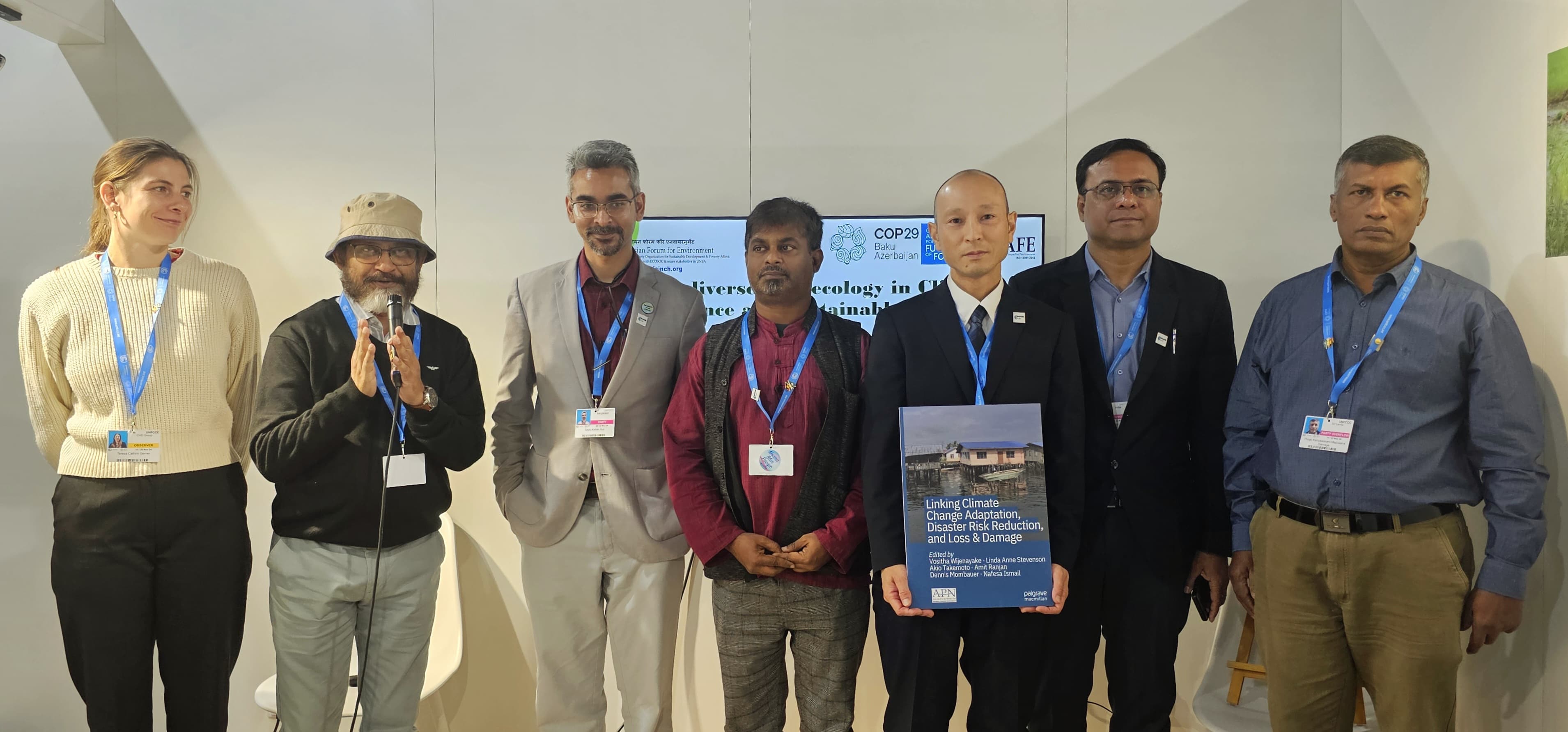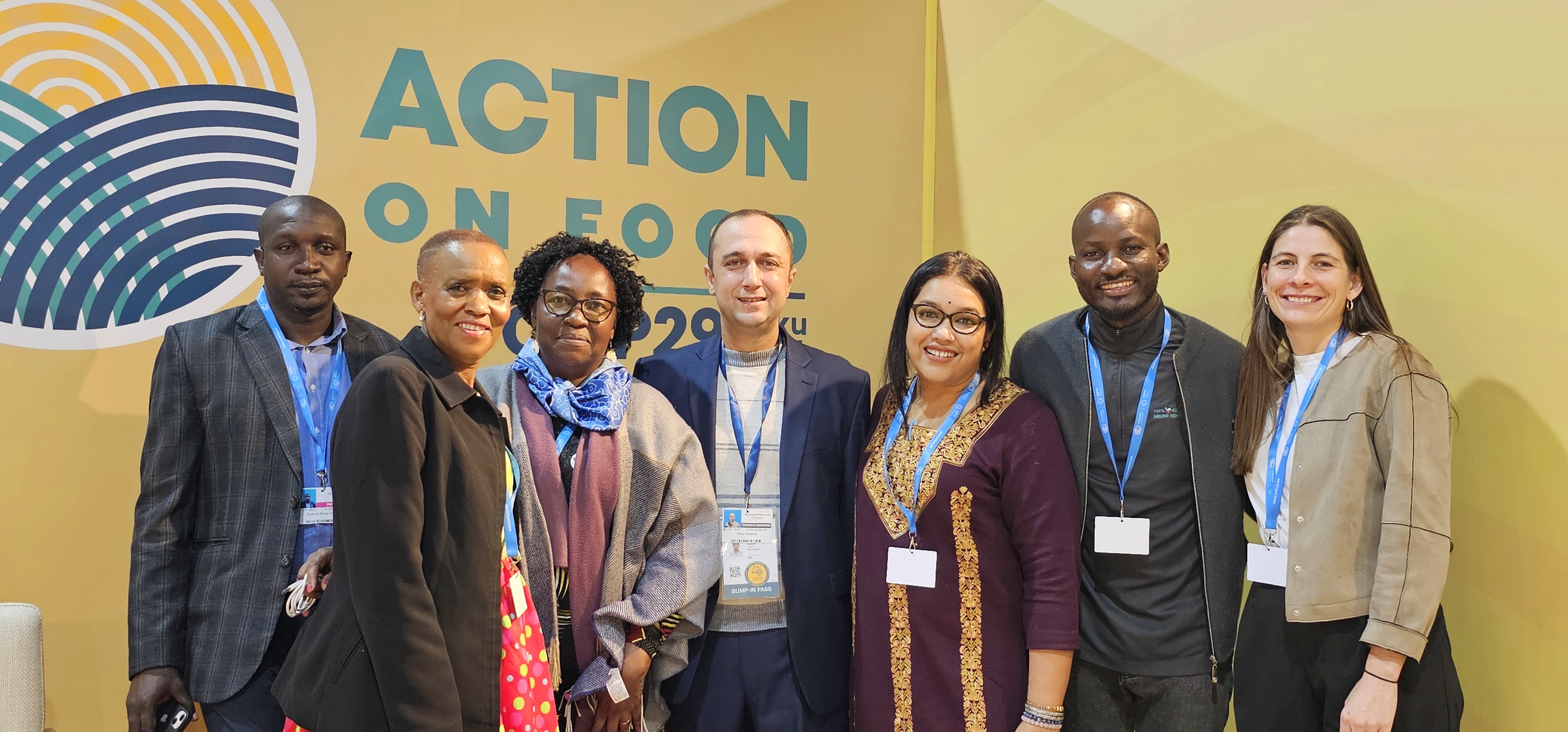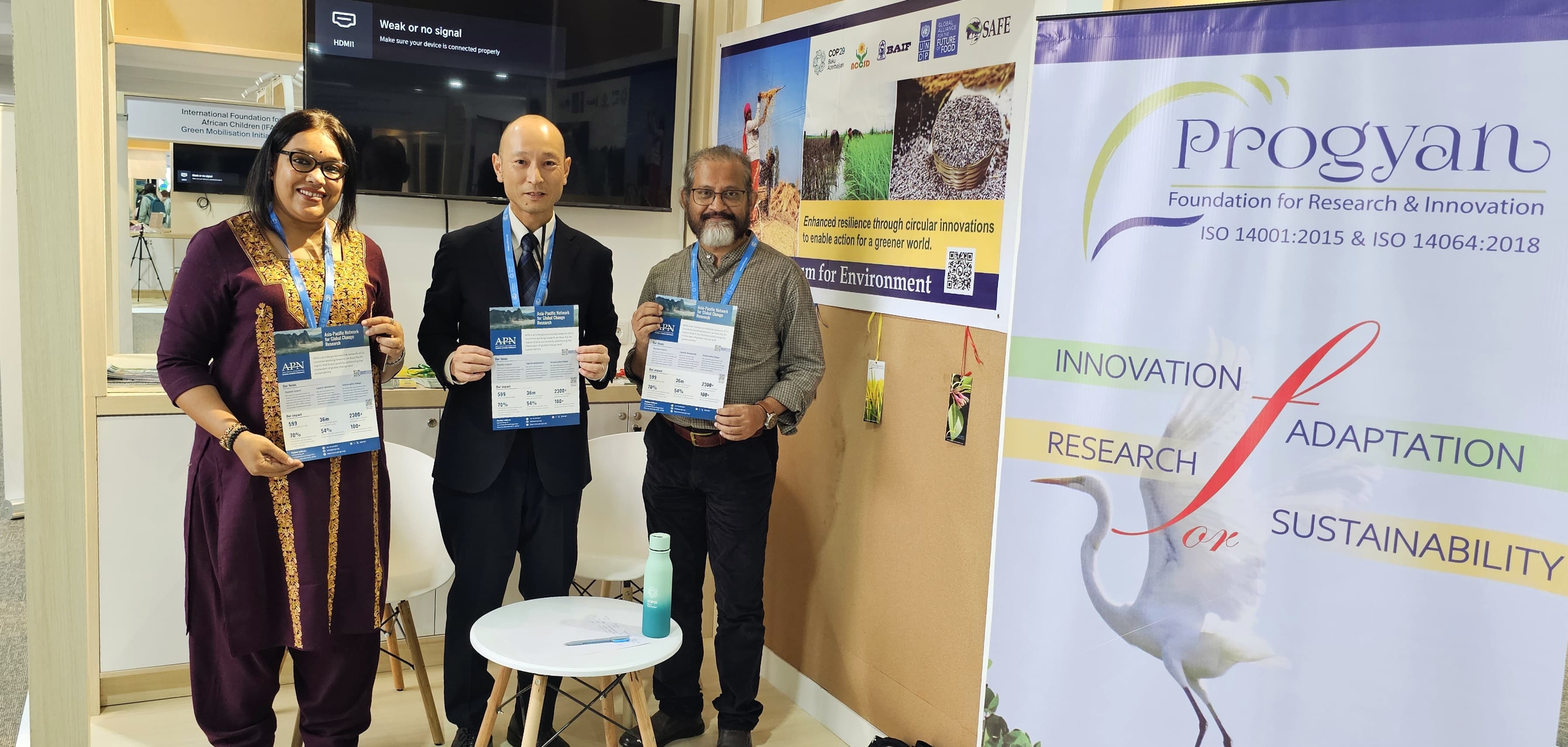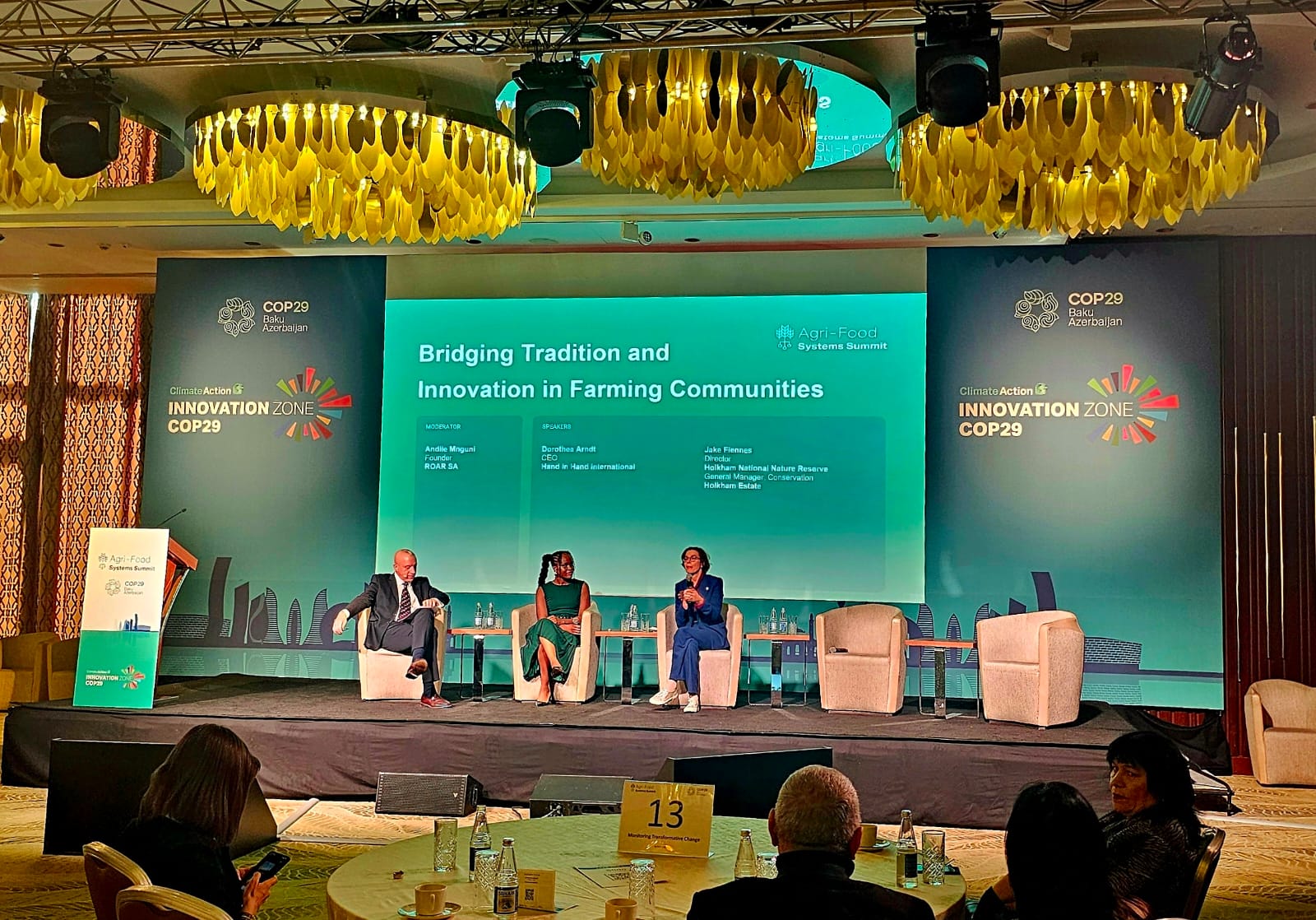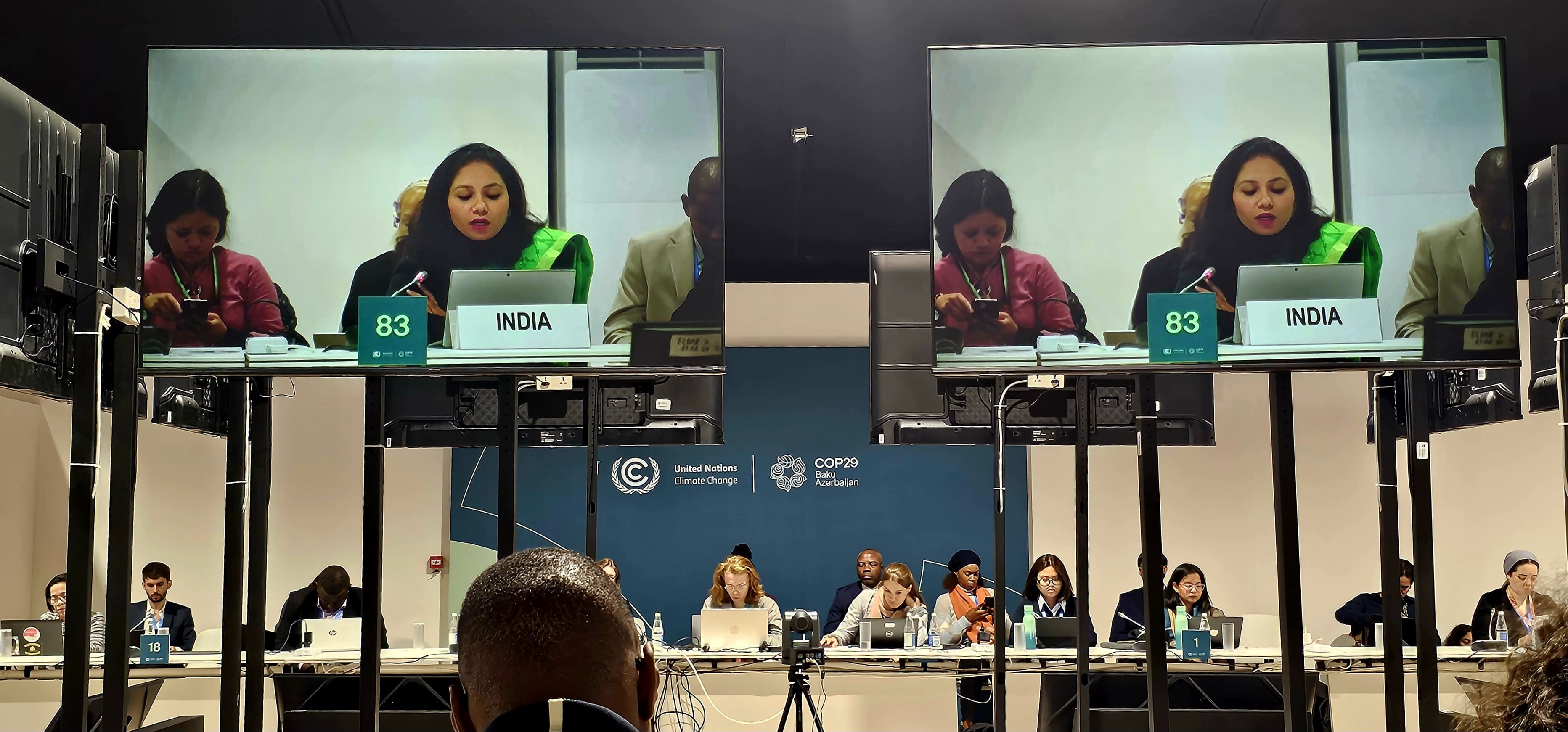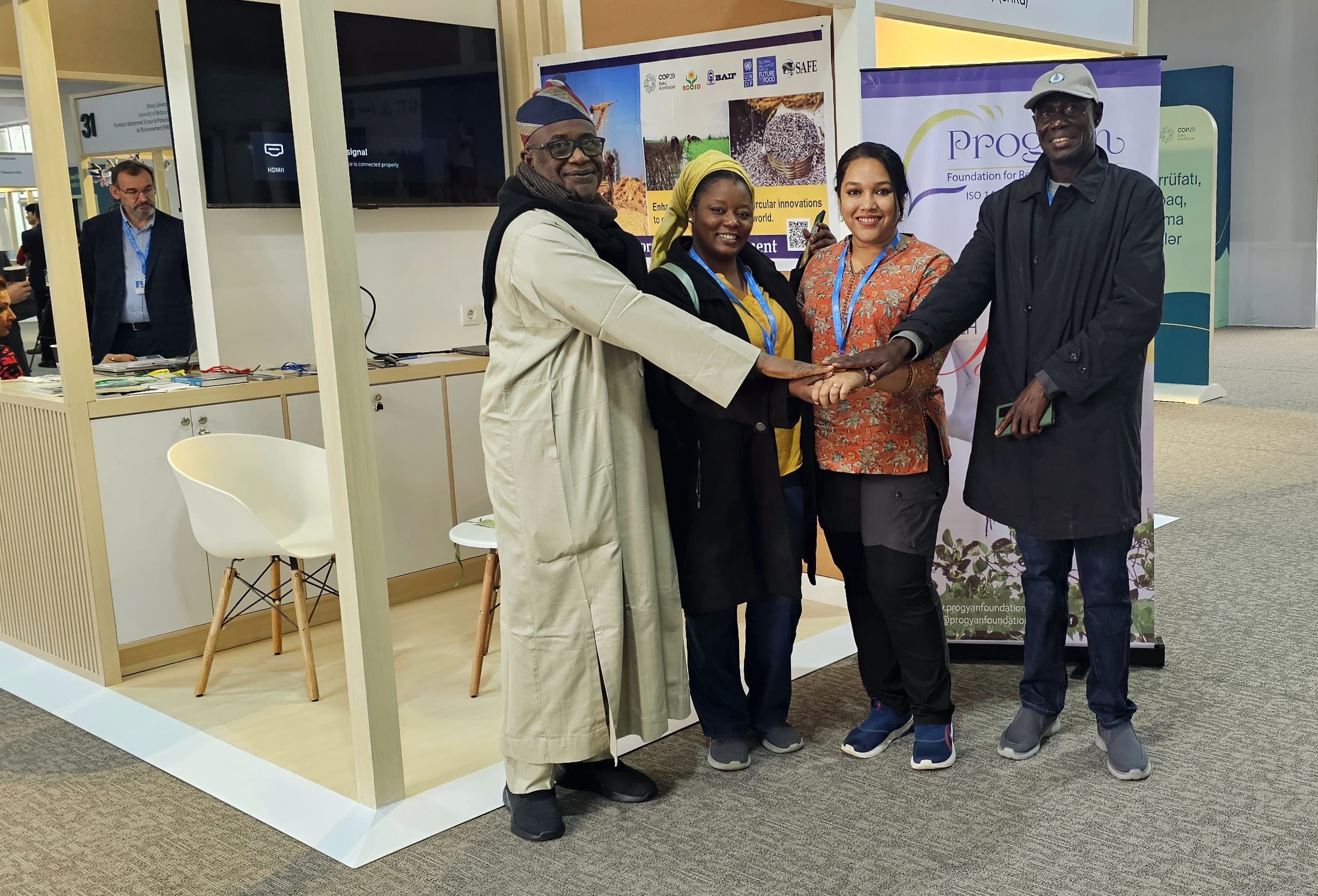
At COP 29 in Baku, Azerbaijan, PFRI has is actively contributed to critical discussions on climate resilience, adaptation finance, and carbon markets. This year’s conference has made strides in addressing climate vulnerability by strengthening financial mechanisms such as the Loss and Damage Fund, intended to support nations already experiencing severe climate impacts. This fund, along with reinforced commitments to adaptation financing and the Global Goal on Adaptation, highlights the emphasis on assisting climate-vulnerable nations. Renewed focus on Article 6 of the Paris Agreement emphasized the importance of transparency and robust carbon market frameworks to attract private sector investments in emissions reduction. The ‘Action on Food Hub’ Pavilion brought attention to sustainable food systems, promoting strategies for food security, waste reduction, and innovative agriculture. A newly launched book, Linking Climate Change Adaptation, Disaster Risk Reduction, and Loss & Damage, offered case studies from South and Southeast Asia, showcasing integrated approaches to climate resilience and adaptation. High-level events spotlighted locally-led climate solutions, including the Adaptation Innovation Marketplace (AIM), which connects grassroots innovators with funding and technical support. Discussions at the Agri-Food Systems Summit covered transformative goals like boosting organic farming, reducing food loss, and promoting agro-biodiversity. Financing biodiversity, integrating public-private partnerships, and exploring collaborative models were emphasized as critical pathways for sustainable food systems. Policy dialogues addressed corporate roles, funding challenges, and policy frameworks essential for agricultural transitions. Forest conservation and sustainable resource management were also highlighted as crucial to achieving climate goals, with forests playing a vital role in carbon sequestration and biodiversity preservation. COP 29 showcased the importance of collaboration and innovation in tackling global climate challenges.
